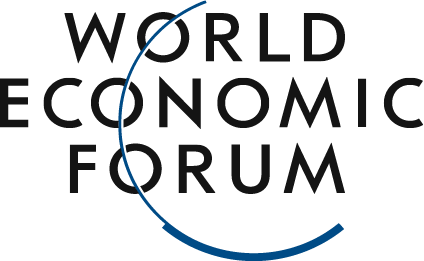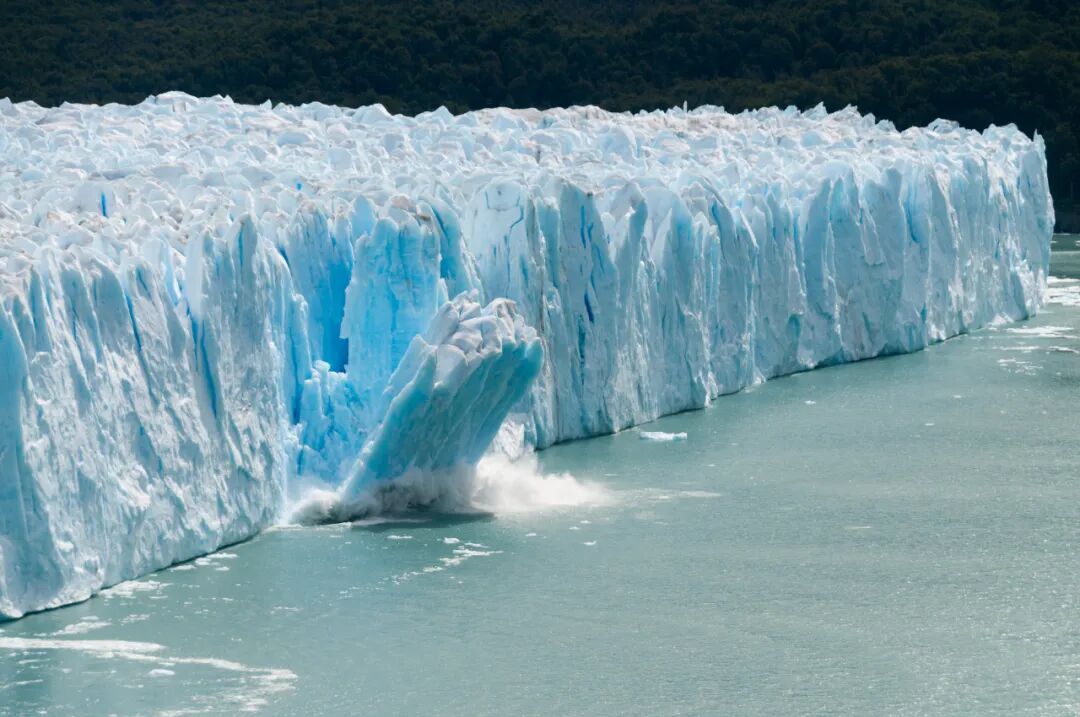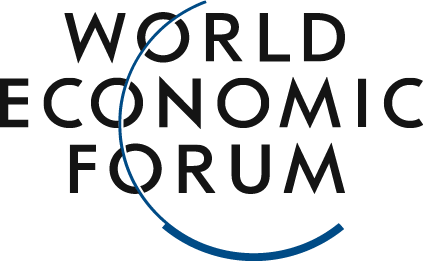

Antarctic sea ice is melting at an alarming rate.
Image source:Getty Images/iStockphoto
Elizabeth Mills
Forum Agenda Writer
- As the Earth continues to warm, Arctic ice is melting at an alarming rate, rapidly approaching a dangerous tipping point.
- These environmental factors present both risks and opportunities that leaders must understand.
- To build resilience against climate change, businesses must develop both mitigation and adaptation strategies.
Ice sheets aren’t often the subject of news reports, but the recent headlines have been impossible to ignore.
For example, a new report found that by2100Year, glacial melting could lead toThe North Pole has shifted 90 feet.This shift could cause the Earth to spin like an out-of-balance spinning top, potentially leading to chaotic weather patterns.
Elsewhere, melting sea ice isAlter ocean currents—and even ocean chemistry, because pollutants from Siberian rivers are spreading rapidly.
Meanwhile, regarding the commercial development of Greenland,Leveraging its abundant mineral reservesThe discussion is also growing increasingly lively.
,,
,,,,,
10%,,,,
,28,,70%
,“”,
,,,2023,2000;2022,,,30-40°C
,,:,
7,57,,,,,,,
,,,,1980,14%
,,,
,,,,,,,,
,:,1.5°C,
,,,,
The World Economic Forum's recently released report"Edge Enterprises: Building Industry Resilience to Climate Disasters"It reveals why companies need to build resilience into their operations—or risk undermining their competitiveness in a world increasingly shaped by climate change. The report notes that by2035That year, fixed asset losses alone amounted to the annual profit decline of a typical enterprise.7%
The report highlights a range of initiatives that companies can consider to strengthen their resilience. These include:
- Enhance flexibility. As melting ice leads to extreme weather events, businesses must prepare for potential failures in existing systems by developing robust strategies for storage, logistics, backup power, and recovery plans—ensuring the continuity of their services.
- Support improving the models. Current climate models have limitations, and businesses must fund and champion the integration of commercial and scientific climate modeling efforts. By enhancing data quality, leaders of all types can better assess future climate risks and their potential impacts.
- Seize the opportunity. Businesses should develop a climate-smart portfolio strategy, positioning climate risk mitigation and deep decarbonization as strategic advantages.
- Forge collaborative outcomes. Business, civil-sector leaders, and government officials can work together to develop groundbreaking solutions—such as strengthening regenerative practices in the food chain or implementing circular tools to safeguard resources.
A huge unknown
When it comes to ice—especially Antarctic sea ice—we still face many unknowns. As climate change upends models and challenges long-held assumptions, scientists are racing against time to deliver answers that could unravel one of the greatest mysteries in Earth’s climate history. As we all know, around90-120Ten thousand years ago, the glacial cycle underwent a dramatic shift. Some researchers believe this event nearly led to the extinction of humanity. Recently obtainedIce corePerhaps we can provide an answer that will help us understand the modern changes in these critical Earth systems. But will that answer be the one we want to hear?

The above content represents the author's personal views only.This article is translated from the World Economic Forum's Agenda blog; the Chinese version is for reference only.Feel free to share this in your WeChat Moments; please leave a comment at the end of the post or on our official account if you’d like to republish.
Translation:Di Chenjing | Editor: Wan Ruxin
The World Economic Forum is an independent and neutral platform dedicated to bringing together diverse perspectives to discuss critical global, regional, and industry-specific issues.
Follow us on Weibo, WeChat Video Accounts, Douyin, and Xiaohongshu!
"World Economic Forum"


